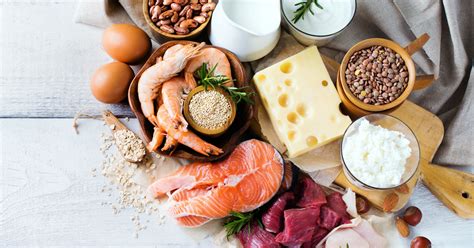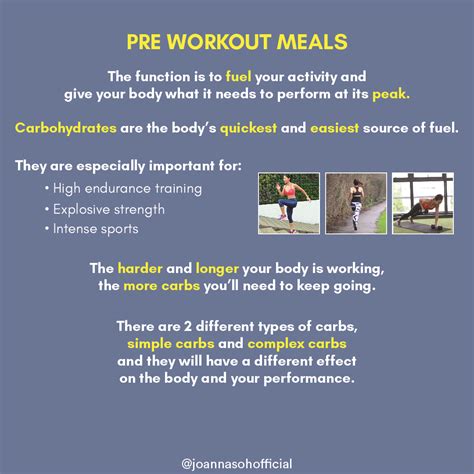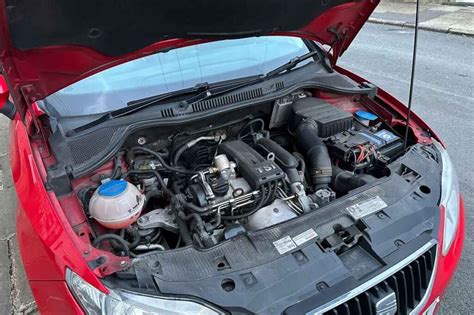Fueling Peak Performance and Recovery
For men aiming to maximize their workout energy, enhance performance, and accelerate muscle recovery, the right nutrition is not just important – it’s foundational. Fueling your body effectively means understanding the interplay of macronutrients, micronutrients, and hydration, and knowing when to consume them to support your physiological demands.
This article will break down the essential components of a male-centric nutrition strategy designed for peak physical output and efficient post-exercise repair.

The Macronutrient Powerhouses: Carbs, Protein, and Fats
Carbohydrates: Your Primary Energy Source
Carbohydrates are the body’s preferred fuel source, especially for high-intensity workouts. They are broken down into glucose, which is stored as glycogen in your muscles and liver. Adequate carbohydrate intake prevents fatigue during exercise and helps replenish glycogen stores post-workout.
- Complex Carbs (Slow Release): Oats, brown rice, sweet potatoes, whole-grain bread. Ideal for sustained energy before a long workout.
- Simple Carbs (Fast Release): Fruits, sports drinks. Useful for quick energy during prolonged exercise or immediately after a workout for rapid glycogen replenishment.
Protein: The Muscle Builder and Repairer
Protein is crucial for muscle repair, growth, and overall body function. For men engaged in regular resistance training, higher protein intake is often recommended to support anabolism (muscle building) and minimize catabolism (muscle breakdown).
- Lean Meats: Chicken breast, turkey, lean beef.
- Fish: Salmon, tuna, cod.
- Dairy: Greek yogurt, cottage cheese, milk.
- Plant-Based: Lentils, beans, tofu, tempeh, quinoa.

Healthy Fats: Hormonal Support and Sustained Energy
While not a primary energy source during intense exercise, healthy fats are vital for hormone production (including testosterone), nutrient absorption, and providing sustained energy during longer, lower-intensity activities. They also play a role in reducing inflammation.
- Monounsaturated Fats: Avocados, olive oil, nuts.
- Polyunsaturated Fats: Fatty fish (omega-3s), flaxseeds, chia seeds, walnuts.
Micronutrients and Hydration: The Unsung Heroes
Vitamins and Minerals: Catalysts for Performance
Don’t overlook the smaller players. Vitamins and minerals act as cofactors in numerous metabolic processes, including energy production and muscle contraction. Deficiencies can impair performance and recovery. Key micronutrients for active men include:
- Magnesium: Muscle function, nerve transmission, energy production.
- Zinc: Testosterone production, immune function, cell growth.
- B Vitamins: Energy metabolism.
- Vitamin D: Bone health, immune function, muscle strength.
Water: The Ultimate Performance Enhancer
Dehydration significantly impairs performance, reduces strength, and delays recovery. Water regulates body temperature, lubricates joints, and transports nutrients. Aim to drink water consistently throughout the day, and increase intake before, during, and after workouts.

Timing Your Nutrition: The Strategic Advantage
When you eat is almost as important as what you eat.
Pre-Workout Fuel (2-3 hours before):
Focus on complex carbohydrates for sustained energy and a moderate amount of protein to prevent muscle breakdown. Keep fats low to avoid digestive discomfort. Examples: Oatmeal with berries and a scoop of protein, whole-wheat toast with eggs.
Intra-Workout Fuel (for workouts over 60-90 minutes):
If your workout is long or particularly intense, a small amount of simple carbohydrates (e.g., a banana, sports drink) can help maintain energy levels and prevent bonking.
Post-Workout Recovery (within 30-60 minutes):
This is your “anabolic window.” Consume a combination of fast-acting carbohydrates (to replenish glycogen) and protein (to initiate muscle repair and growth). Examples: Whey protein shake with a banana, chicken and rice, Greek yogurt with fruit.

Supplements: A Complement, Not a Replacement
While a whole-food diet should be your primary focus, certain supplements can complement your nutrition strategy:
- Whey Protein: Convenient source of high-quality protein for post-workout recovery.
- Creatine: Enhances strength, power, and muscle mass by improving ATP regeneration.
- BCAAs (Branched-Chain Amino Acids): May help reduce muscle soreness and fatigue, particularly during fasting or prolonged exercise.
Always consult with a healthcare professional or registered dietitian before adding supplements to your routine.
Conclusion: A Holistic Approach to Fueling Men’s Fitness
The “best” fuel for men to boost workout energy and muscle recovery isn’t a single food or supplement. It’s a comprehensive, consistent approach to nutrition that prioritizes adequate intake of carbohydrates, protein, and healthy fats, supported by essential micronutrients and optimal hydration. By understanding these principles and timing your intake strategically, you can unlock your full potential in the gym and ensure your body recovers efficiently, ready for the next challenge.





